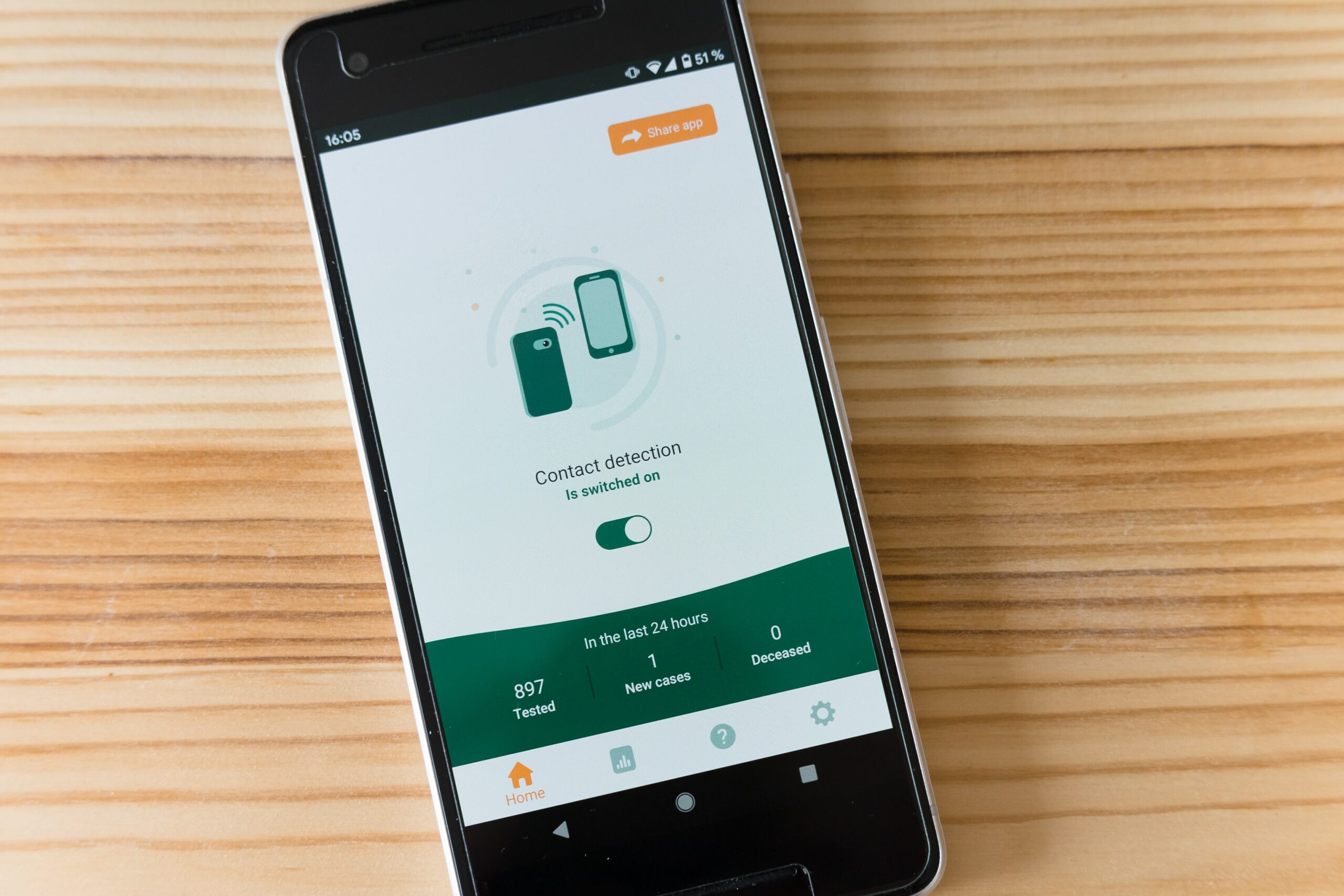The COVID-19 pandemic has shaken so many aspects of our lives. We are being forced to live our lives very differently right now and it makes sense that a lot of different intense emotions would come up. In this five-part series, I will discuss five of the most common ways I’ve seen COVID-19 shake people’s lives and the DBT skills that could be used to cope.
Part 3: Change
 We have all experienced some sort of change as a result of the COVID-19 pandemic, whether changes in our routine, our workspace, the people we are regularly around, how we spend our recreational time, our financial status, our eating habits, even our appearance. Our normal way of living has been significantly disrupted and major events (weddings, graduations, vacations, conferences) have been canceled or postponed for some of us. Naturally, this type of change brings up a lot of sadness, frustration, disappointment, grief, and even anger. Several of the skills that I previously discussed in Parts 1 and 2 on isolation and fear apply in this situation. The following DBT skills might help to cope with change and the emotions that follow:
We have all experienced some sort of change as a result of the COVID-19 pandemic, whether changes in our routine, our workspace, the people we are regularly around, how we spend our recreational time, our financial status, our eating habits, even our appearance. Our normal way of living has been significantly disrupted and major events (weddings, graduations, vacations, conferences) have been canceled or postponed for some of us. Naturally, this type of change brings up a lot of sadness, frustration, disappointment, grief, and even anger. Several of the skills that I previously discussed in Parts 1 and 2 on isolation and fear apply in this situation. The following DBT skills might help to cope with change and the emotions that follow:
-
Check the Facts
Just like with fear, the first step is to check the facts and get really clear about what the facts are. Mind reading and fortune telling will not help you right now. Although you may not be able to get all the answers you need right now, do your best to make sure you have the correct facts about the changes in your life. For example, current orders that prohibit large gatherings like weddings do not explicitly state that you cannot have a wedding; however, you may have to check the facts on what’s allowed and make some changes to your plans. Having a good grasp on the facts will help you make better-informed plans and set you up to practice the next skill, radical acceptance
-
Radical Acceptance
 Radical acceptance is really, really hard right now AND really needed. To be effective, we need to accept reality as it is in this moment. Right now, our schedules and plans must change. Remember though that radical acceptance is about accepting the facts of right now; this is not about accepting what we don’t know about the future. “Accepting” that your life is ruined or things will never be the same is NOT radical acceptance, because we can’t predict the future. Radical acceptance is, for example, accepting that you cannot have your large wedding next weekend because the government forbids it and it is still unsafe to have large gatherings. That acceptance, although painful, gives you freedom. If you accept that you cannot hold your large wedding next weekend, you can choose what to do next. You can choose to get creative about how you hold your wedding, you can choose to talk with vendors and loved ones to postpone, you can choose to hold it with a select few important people, you can choose to stream the wedding, and more. Radical acceptance doesn’t mean you throw up your hands and resign yourself to never getting married and losing all the time and money you invested. This is reality as it is right now. Now, what can you do next, given that this is, in fact, reality?
Radical acceptance is really, really hard right now AND really needed. To be effective, we need to accept reality as it is in this moment. Right now, our schedules and plans must change. Remember though that radical acceptance is about accepting the facts of right now; this is not about accepting what we don’t know about the future. “Accepting” that your life is ruined or things will never be the same is NOT radical acceptance, because we can’t predict the future. Radical acceptance is, for example, accepting that you cannot have your large wedding next weekend because the government forbids it and it is still unsafe to have large gatherings. That acceptance, although painful, gives you freedom. If you accept that you cannot hold your large wedding next weekend, you can choose what to do next. You can choose to get creative about how you hold your wedding, you can choose to talk with vendors and loved ones to postpone, you can choose to hold it with a select few important people, you can choose to stream the wedding, and more. Radical acceptance doesn’t mean you throw up your hands and resign yourself to never getting married and losing all the time and money you invested. This is reality as it is right now. Now, what can you do next, given that this is, in fact, reality? -
Willingness
Willingness is particularly important for going with the flow of change. You might be tempted to be willful right now – to fight, throw a tantrum, give up, even make things worse. Try not to do this. Do your best to practice willingness. Be willing to do just what is needed in this situation. It may help to practice willing hands (relaxing your hands and turning your open palms gently upward) and half-smile (gently turning up the corners of your lips just enough that you feel it) to practice being willing with your body. Adopting a willing posture with your hands and face can help send the message to your brain to be willing.
-
Problem Solving
The skills above set you up nicely to practice problem-solving. What is your goal in this situation? Brainstorm (but don’t evaluate!) all of the potential solutions or ways that you can meet your goal in this situation, given the lifestyle changes you’re experiencing. Since it might be hard to think creatively when you are stressed about potential changes, enlist a loved one or friend or two to help with brainstorming; they may come up with some options that you never would’ve considered. Then, complete a pros and cons on the two solutions that are most likely to work and put the most effective solution into action. If that does not work, try the second solution and return to your brainstorming.
-
Effectiveness
Effectiveness is a lot like willingness. Effectiveness is keeping your goals in mind and doing just what is needed in the situation to meet your goals. It is focusing on what works and playing by the rules rather than letting your emotion mind take over and lead you astray from your goals. With all of the change you are experiencing in your life right now as a result of COVID-19, consider what your goals are and exactly what it takes for you to meet those goals, even with new obstacles in place
-
Cope Ahead
 If a change is coming and you think you might have a hard time dealing effectively with it, cope ahead is your skill. It certainly won’t help to bury your head and ignore the issue until the date is upon you. Consider what about the change is difficult for you and what skills you need to use to be as skillful as possible when it happens. Write those skills down, close your eyes, imagine the situation happening in real time, and see yourself in your mind’s eye doing those skills you wrote down. Anticipate any after effects and see yourself using skills to cope effectively then, too. When you’ve seen yourself cope effectively, open your eyes and practice relaxation. Do this cope ahead exercise frequently up until the change occurs. The more you mentally practice being skillful, the more likely you will be to use your skills in the real-life challenging situation.
If a change is coming and you think you might have a hard time dealing effectively with it, cope ahead is your skill. It certainly won’t help to bury your head and ignore the issue until the date is upon you. Consider what about the change is difficult for you and what skills you need to use to be as skillful as possible when it happens. Write those skills down, close your eyes, imagine the situation happening in real time, and see yourself in your mind’s eye doing those skills you wrote down. Anticipate any after effects and see yourself using skills to cope effectively then, too. When you’ve seen yourself cope effectively, open your eyes and practice relaxation. Do this cope ahead exercise frequently up until the change occurs. The more you mentally practice being skillful, the more likely you will be to use your skills in the real-life challenging situation.
Those are six ways to cope with change during the COVID-19 pandemic. The changes we are experiencing right now are hard, unexpected, scary, and sometimes even heart-breaking. There’s a lot we can’t control right now, but hopefully you will begin to see what you can control by using the skills described above.
Want to learn more about DBT skills? Click here to learn about the DBT skills training groups we offer at the Cincinnati Center for DBT. We offer online individual and group therapy if you need more individualized assistance in coping with this COVID-19pandemic.
Be sure to read Part 1 to learn how to use DBT skills to cope with isolation and social distancing and Part 2 to learn how DBT skills can help you manage fear related to COVID-19.
Check back soon to see how to use skills to cope with other aspects of the impact of COVID-19!

